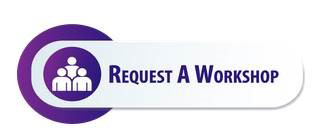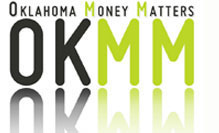Best Practices
- Contact us early — We work hard to accommodate all of your requested events and dates. The earlier you book your class, event, or workshop with us, the more likely we’ll have staff available.
- Consider student schedules — Consider times and dates when your students are most likely to be on campus and when classes are scheduled. Be sure to check the school’s master calendar to avoid scheduling conflicts with other major activities.
- Be catchy, but clear — Title your workshops in creative ways that get students interested. Instead of “Money Management 101" try something like “What's More Taboo Than Sex? Money!” Be sure that the title is clear so that students understand what the workshop is really about.
- Inform, don’t overwhelm — You want to maximize the time you get with your students, but there’s only so much information a person can absorb in one sitting. In a one-hour workshop you can thoroughly cover one topic or briefly review two. Squeeze in more than that and you’ll likely lose your audience’s attention.
- Gauge your audience — Delivering a solid message is wonderful, but if it doesn’t mean something to the audience, it’s a wasted effort. Polling your students is a great way to learn what topics are most relevant to them while getting their buy-in so they’ll attend your sessions.
- Involve student organizations — Consider partnering with well-established student organizations like the Student Government Association or Greek Life. They can provide a dedicated audience, help you design your message and promote your event in a way that will truly reach students.

Join our mailing list!




